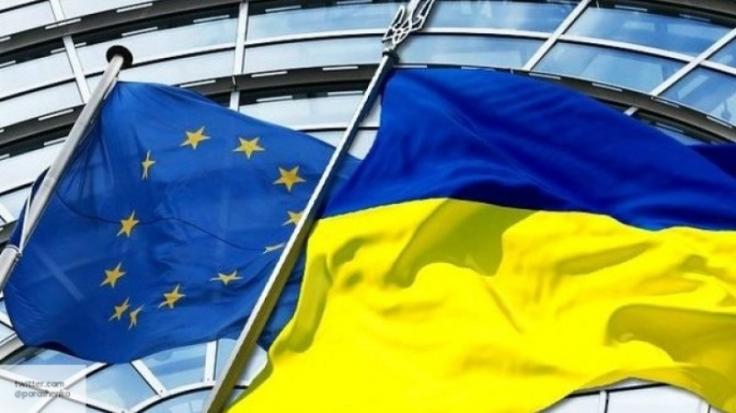Ukrainian interest. Ambassador’s statement, Groysman in Brussels, and Mogherini overseas

The latest interview of German Ambassador to Ernst Reichel provoked a lively reaction of the Ukrainian establishment. Volodymyr Groysman during his Brussels visit heard many encouraging words about Ukraine. Federica Mogherini flew across the Atlantic in search of balance in relations with Trump administration.
This week, Minsk Agreements turn two. At the end of 2015, the Normandy Four leaders prolonged them by a year, while their last year’s meeting saw no such outcome. However, the matrix of the Donbas settlement both fails to be fulfilled and attracts plenty of attention. It seems like, in fact, everyone needed that interview of German Ambassador Ernst Reichel, who drew parallels between the occupied areas in eastern Ukraine and former East Germany and at the same time did not rule out the holding of elections in Donbas before the withdrawal of Russian forces. Germany and France needed it so that their leaders and foreign ministers could refresh their awareness of what is happening in Donbas. Russia needed it in order for Moscow to hear that even the German diplomat bluntly speaks of Russian troops being present in Donbas. Ukraine - in order to demonstrate the diversity of resentful response, ranging from "Nein" spray-painted on a piece of the Berlin Wall by MP Oleksiy Honcharenko to Petro Poroshenko’s statement that such a scenario is impossible for Ukraine.
By the way, Reichel’s interview could trigger a discussion on the prospects for the transformation of the Minsk format, whose ineffectiveness has become too apparent amid fierce shelling of Avdiyivka. Lithuanian Foreign Minister Linas Linkiavicius and Lithuanian Ambassador to Ukraine Marius Janukonis February 10 visited the war-torn Avdiyivka, seeing a tragic aftermath of the bombardment by Russian artillery. Lithuanian diplomats have shown true solidarity, while on February 14, the European Parliament will give its assessment of the escalation of the Donbas conflict. It should be noted that Poroshenko emphasizes that Ukraine has enough evidence of Russia’s aggression. The situation in Donbas is on the agenda of talks of the world's leaders: Merkel urged Putin to influence the militants in Donbas and opposed the lifting of sanctions against Russia, along with her Polish counterpart Beata Szydlow. Volodymyr Horbulin presented the report by the National Institute for Strategic Studies titled "Global Hybrid Warfare. Ukrainian Front." The report includes no definitive recipe to resolve the conflict, at the same time giving a fundamental assessment of what has happened to the Russian-Ukrainian relations and international politics in general in recent years.
There is also a clearly designated understanding that the Ukrainian front is not the only arena of hybrid confrontation. The study echoes the interview given by Yevhen Marchuk who noted that Ukraine was close to the point when our fellow citizens had to see some clearly spelled out compromises needed to resolve the conflict. Apparently, the Ukrainian elite has yet to live up to this as at the moment, the tone is set by the old-timers of big politics.
Prime Minister Volodymyr Groysman during his visit to Brussels suggested that our western partners started working on a plan to revive Ukraine, which would help to renew the potential of our country. Such specifics will help Ukraine not only to restore the economic potential, but also come closer to European and Euro-Atlantic standards. At least, the Ukrainian prime minister was fortunate enough to hear words of support from NATO and the European Commission. Vice Prime Minister Ivanna Klympush-Tsintsadze caught the right moment to try to convey to the readers of Die Welt the danger of returning to “business as usual” with Russia. Chief of European diplomacy Federica Mogherini during her visit to the U.S. has stressed that Brussels and Washington are united in the need to fulfill Minsk Agreements, which tops the need to talk about a possible lifting of sanctions against Russia. Meanwhile, the Kremlin scored an autogoal in its relations with Turkey: Russian airstrike in Syria hitting the Turkish troops can seriously irritate Ankara even despite Putin's hasty apology.
By: unian.info
